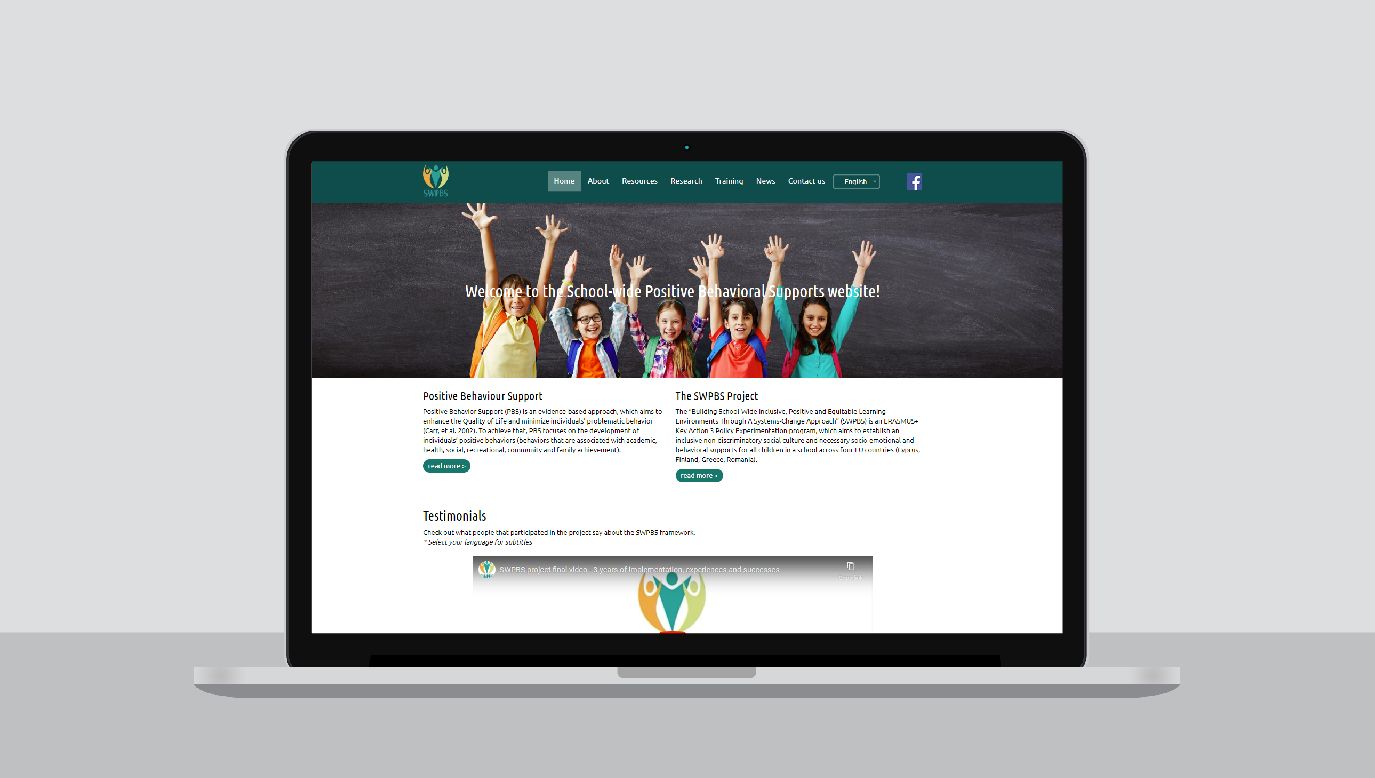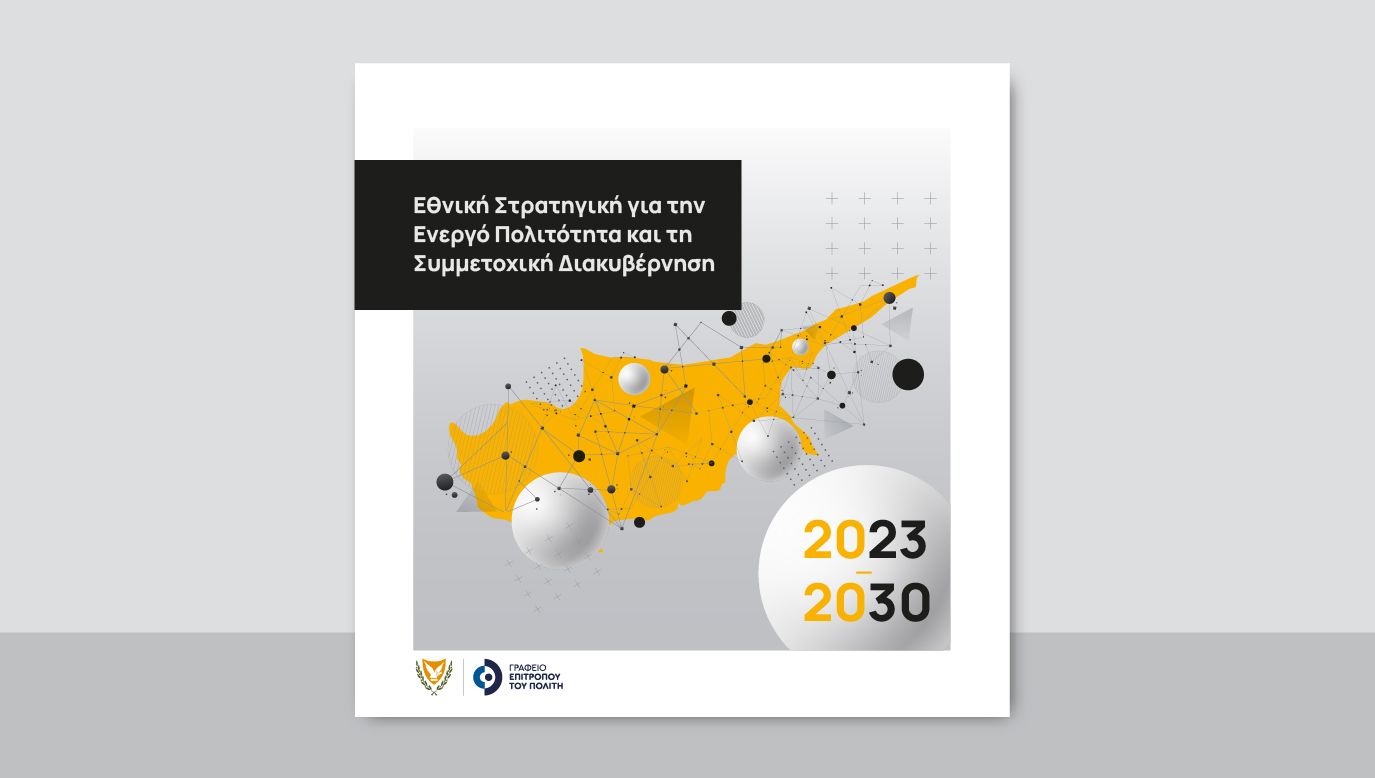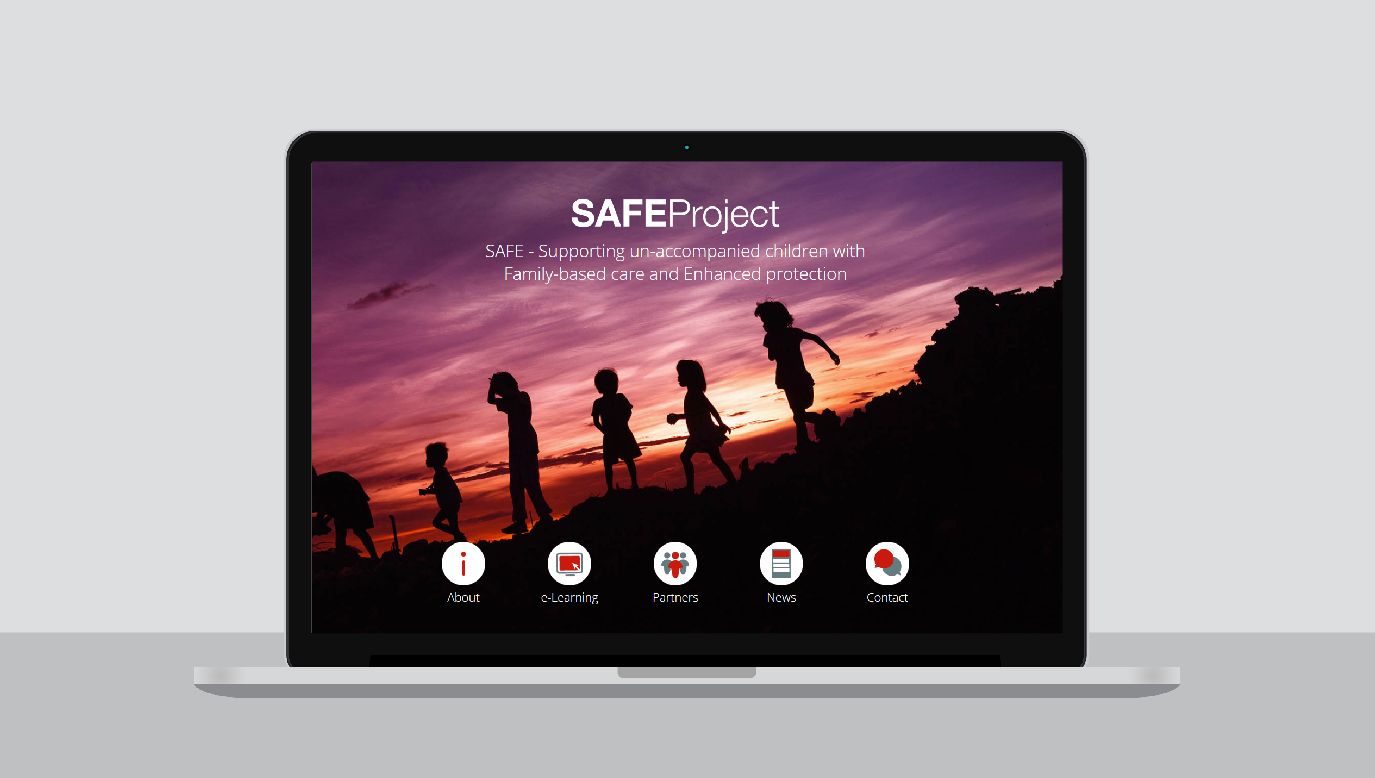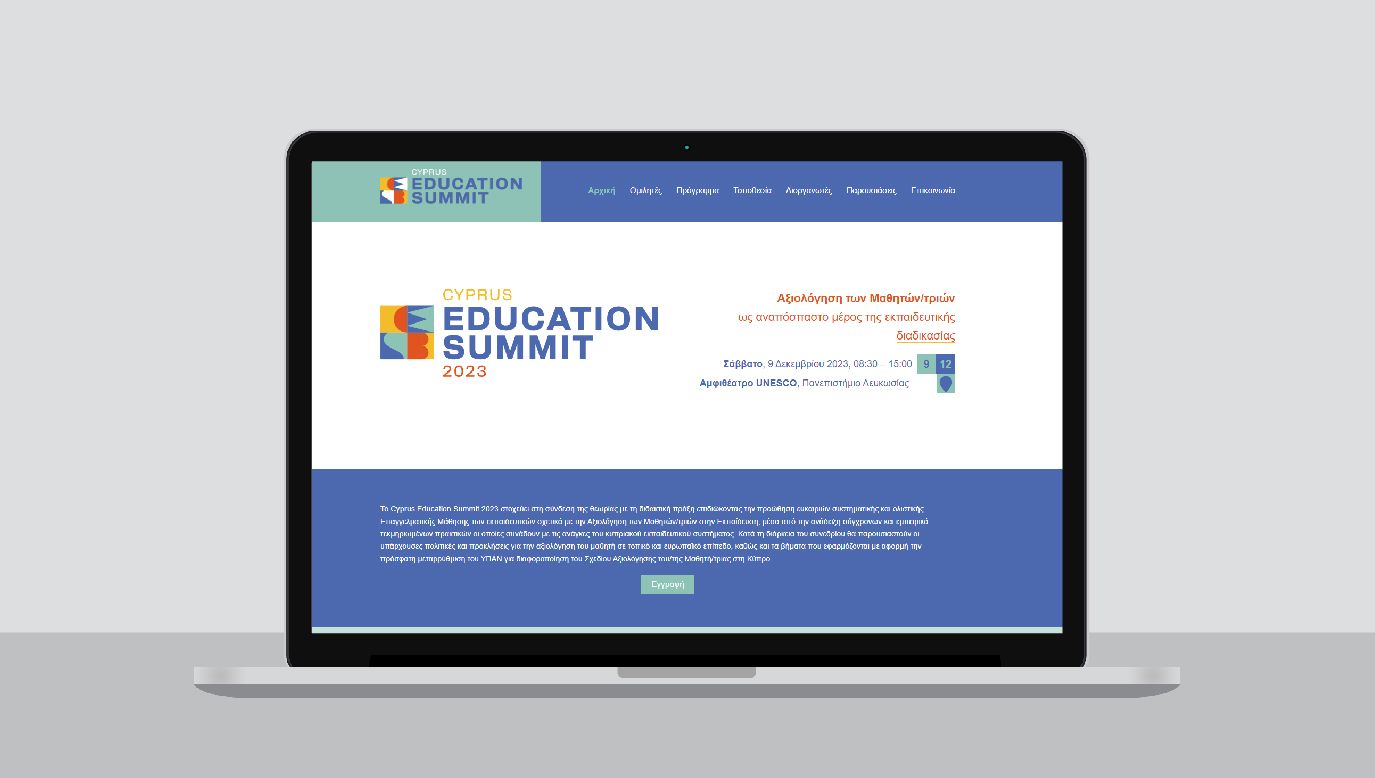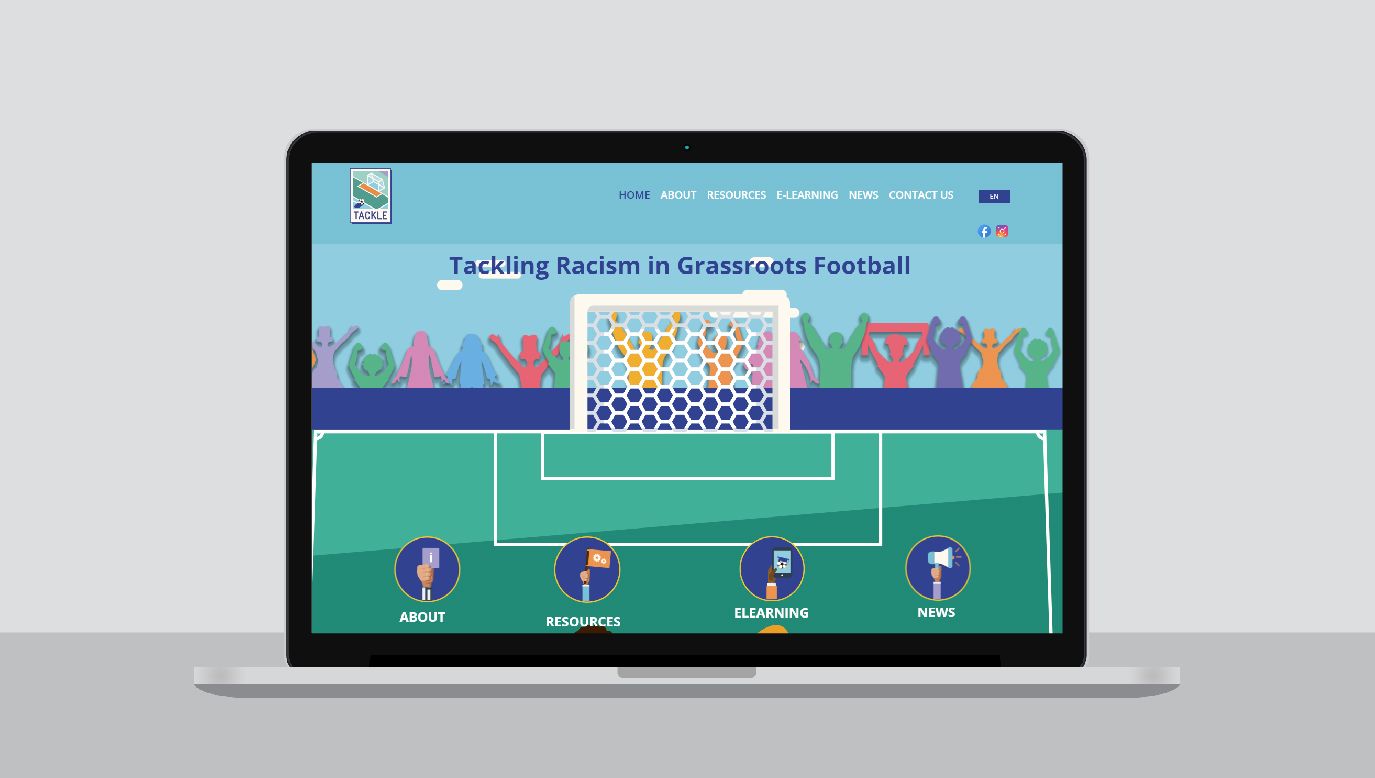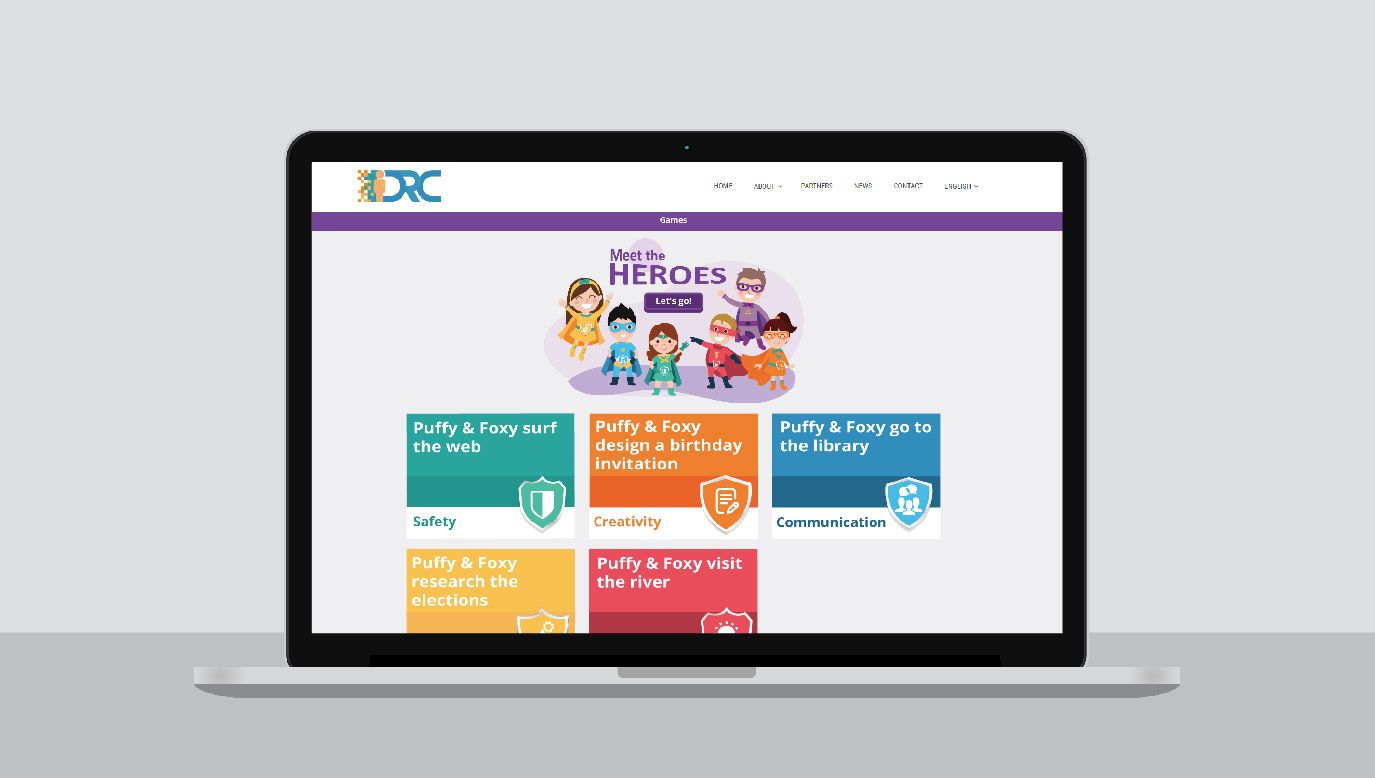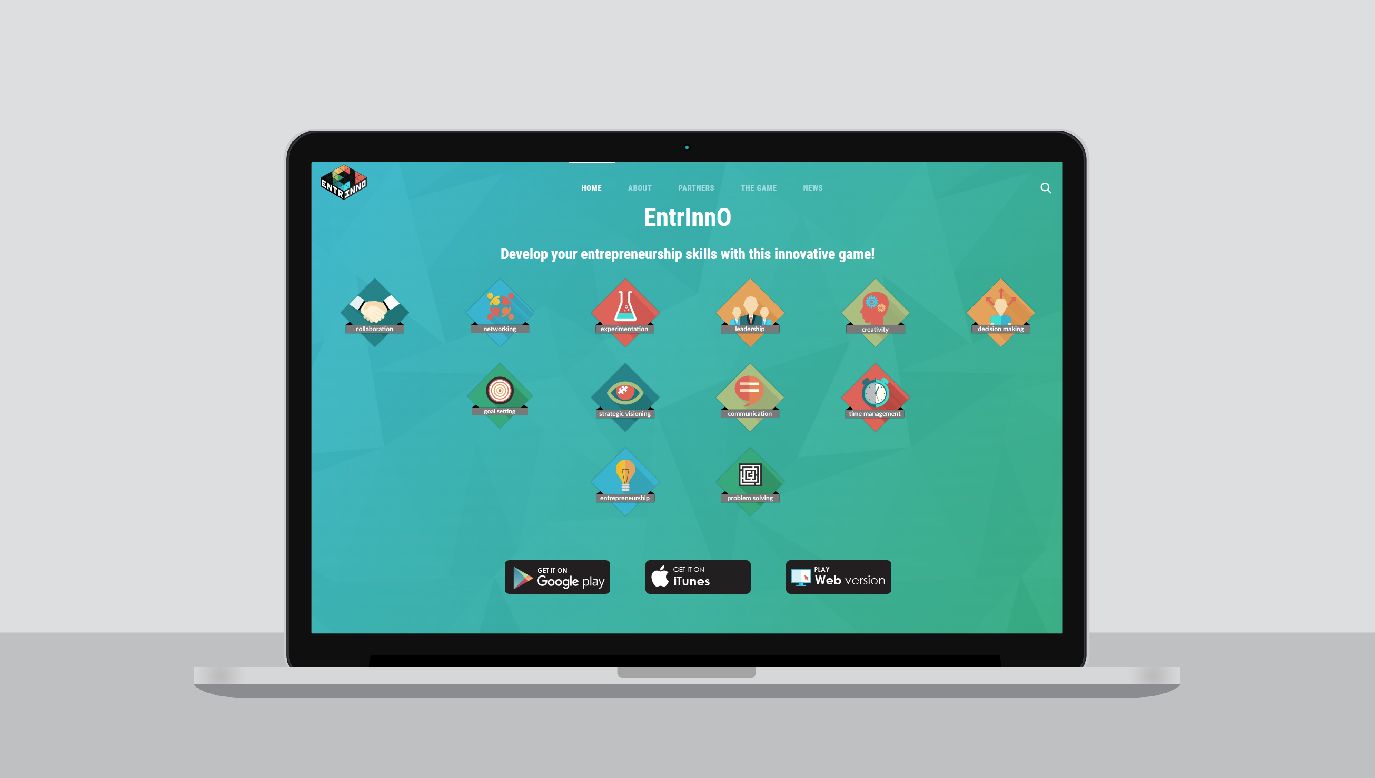Κρίσιμες Γνώσεις και Δεξιότητες για Chief Happiness Officers
Περιγραφή
Ένα ολοκληρωμένο, πλήρως επιχορηγημένο από την ΑνΑΔ ως Ζωτικής Σήμασίας, εκπαιδευτικό πρόγραμμα για Επαγγελματίες Ανθρώπινου Δυναμικού και Διευθυντικά Στελέχη που επιθυμούν να αναπτύξουν τις απαραίτητες γνώσεις και δεξιότητες για τη διαμόρφωση ενός θετικού και ευχάριστου κλίματος στον εργασιακό τους χώρο. Βασίζεται σε μια σύζευξη του επιστημονικού πεδίου της Θετικής Ψυχολογίας με τη στρατηγική διαχείριση και το μάνατζμεντ για να προσφέρει στους/ις συμμετέχοντες/ουσες πολύπλευρη στήριξη ώστε να είναι σε θέση να λειτουργήσουν ως Chief Happiness Officers και να μετασχηματίσουν θετικά την εργασιακή κουλτούρα του οργανισμού τους.
Στο πλαίσιο του πρωτοποριακού αυτού προγράμματος, που περιλαμβάνει δια ζώσης και διαδικτυακά εργαστήρια καθώς και εξατομικευμένες συμβουλευτικές συνεδρίες, θα παρουσιαστούν και θα αναλυθούν τεκμηριωμένα δεδομένα, μέθοδοι και εργαλεία για την προώθηση της θετικής οργανωσιακής κουλτούρας και την ενίσχυση της βιώσιμης απόδοσης του οργανισμού τους. Ανταποκρίνεται δε, στις νέες και διαρκώς μεταβαλλόμενες συνθήκες του εργασιακού περιβάλλοντος που έχουν επιφέρει αυξανόμενες απαιτήσεις προς τους οργανισμούς για μια πιο ολιστική προσέγγιση των αναγκών των εργαζομένων.
Στόχοι
Με το τέλος του εκπαιδευτικού προγράμματος, οι συμμετέχοντες/ουσες θα είναι σε θέση να:
- Εντοπίζουν, επιλέγουν και εφαρμόζουν τα κατάλληλα εργαλεία για ενίσχυση και μέτρηση της εργασιακής ευτυχίας
- Σχεδιάζουν και εφαρμόζουν στρατηγικές και δράσεις για την ενίσχυση της ευτυχίας για ομάδες που εργάζονται εξ αποστάσεως.
- Αναπτύσσουν ηγετικές ικανότητες της οργανωσιακής αλλαγής επιφέροντας λύσεις σε περιόδους κρίσεων
- Διαχειρίζονται καλύτερα τις προκλήσεις που έχει αποφέρει η πανδημία στην ευημερία των εργαζομένων
- Διαχειρίζονται πιθανά εμπόδια και αμφισβητήσεις στην επίτευξη της εργασιακής ευτυχίας
- Επιδεικνύουν τις απαραίτητες δεξιότητες ώστε να ανταποκριθούν αποτελεσματικά στο ρόλο του/της Chief Happiness Officer
- Αναπτύσσουν ή επαναπροσδιορίσουν συγκεκριμένο πλάνο δράσης με στόχο την εργασιακή ευτυχία
- Σχεδιάζουν και να εφαρμόζουν μετρήσιμους δείκτες απόδοσης των σχετικών δράσεων και να παρακολουθούν την πρόοδο τους στη βάση των αναγκών τους
Σε ποιους/ποιες απευθύνεται
Συγκεκριμένα το εκπαιδευτικό πρόγραμμα απευθύνεται σε:
- Επαγγελματίες Ανθρώπινου Δυναμικού
- Διευθυντές/τριες
- Ιδιοκτήτες/τριες Εταιρειών
- Γενικούς Διευθυντές/τριες
Εκπαιδεύτρια


Βίκυ Χαραλάμπους
MSc/PhD in
Organizational Psychology Chief Happiness Officer,
CARDET
Περίληψη
Ιδρυματικό Μέρος
Ενδοεπιχειρησιακό μέρος
Κόστος
ΔΩΡΕΑΝ
Τιμή: €1870 + ΦΠΑ (€355.30)
Επιχορήγηση ΑνΑΔ: €1,870
Καθαρό κόστος συμμετοχής: ΦΠΑ (€355.30)
* Να σημειωθεί πως και το κόστος του Φ.Π.Α επιστρέφεται στις συμμετέχουσες εταιρείες.
Διεξαγωγή
-
Γενικό/Ιδρυματικό Μέρος
Κατά τη διάρκεια του γενικού/ιδρυματικού μέρους του προγράμματος θα αναλυθούν τα εξής θέματα:
- Τα οφέλη ενός ευτυχισμένου χώρου εργασίας για ένα οργανισμό
- Παράγοντες ευτυχίας στην εργασία
- Το Υβριδικό μοντέλο του Kahneman
- Βασικές πρακτικές της Θετικής Ψυχολογίας και εφαρμογές στην εργασία
- Μέτρηση Εργασιακής Ευτυχίας
- Ο ρόλος της Ηγεσίας για επίτευξη εργασιακής ευτυχίας
- Ευτυχία στην εργασία σε δύσκολους καιρούς
- Παραδείγματα οργανισμών με Θετική Οργανωσιακή Κουλτούρα
- Ο Ρόλος του/της Chief Happiness Officer
- Τρόποι προώθησης της Εργασιακής Ευτυχίας- Συχνές αμφισβητήσεις και εμπόδια
- Στρατηγική μετασχηματισμού και πλάνο δράσης
-
Ενδοεπιχειρησιακό Μέρος
Μετά την ολοκλήρωση της ιδρυματικής κατάρτισης, η Εκπαιδεύτρια/ Σύμβουλος θα διευθετήσει ατομικές συναντήσεις με κάθε συμμετέχοντα/ουσα ώστε να παρέχει συμβουλευτική, διάρκειας 4 ωρών που θα περιλαμβάνει:
- Διάγνωση αναγκών – Αξιολόγηση του εργασιακού περιβάλλοντος
- Ανατροφοδότηση στο Πλάνο Δράσης Εργασιακής Ευτυχίας/Wellbeing Strategy
- Καθορισμό μετρήσιμων δεικτών απόδοσης (KPIs) και wellbeing metrics
Στοιχεία Εκπαιδεύτριας
Η εκπαιδεύτρια, Βίκυ Χαραλάμπους, έχει ακαδημαϊκό υπόβαθρο στη Θετική Οργανωσιακή Ψυχολογία (PhDc), στην Οργανωσιακή και Οικονομική Ψυχολογία (MSc) καθώς και πτυχίο Διεθνών και Ευρωπαϊκών Οικονομικών Σπουδών (BA). Κατέχει άνω των 1500 ωρών εκπαιδευτικής εμπειρίας, έχοντας διατελέσει επίσης Λέκτορας Εργασιακής Ψυχολογίας στο European University και είναι πιστοποιημένη εκπαιδεύτρια από την ΑνΑΔ (ΣΕΠ 003246). Έχει πιστοποιηθεί ως Chief Happiness Officer και είναι Ομότιμο μέλος του Κυπριακού Συνδέσμου Διεύθυνσης Ανθρώπινου Δυναμικού, στον οποίο υπηρέτησε ως μέλος του Διοικητικού Συμβουλίου (2013-2015), καθώς και του Κυπριακού Συνδέσμου Mentoring και Coaching (EMCC Cyprus) και της Ελληνικής Εταιρείας Θετικής Ψυχολογίας.
Επικοινωνία
Για οποιεσδήποτε άλλες πληροφορίες & διευκρινίσεις μπορείτε να μας καλέσετε στο (+357) 22 080982 ή μέσω ηλεκτρονικού μηνύματος στο training@cardet.org
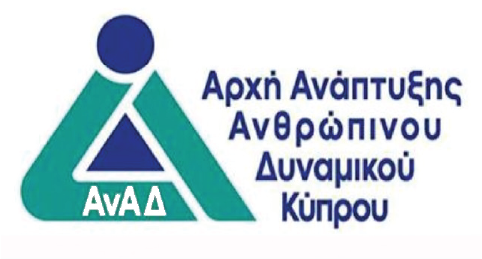

Το πρόγραμμα εγκρίθηκε από την ΑνΑΔ. Οι επιχειρήσεις που συμμετέχουν με εργοδοτούμενους τους, οι οποίοι ικανοποιούν τις προϋποθέσεις της ΑνΑΔ, θα τύχουν της σχετικής επιχορήγησης

